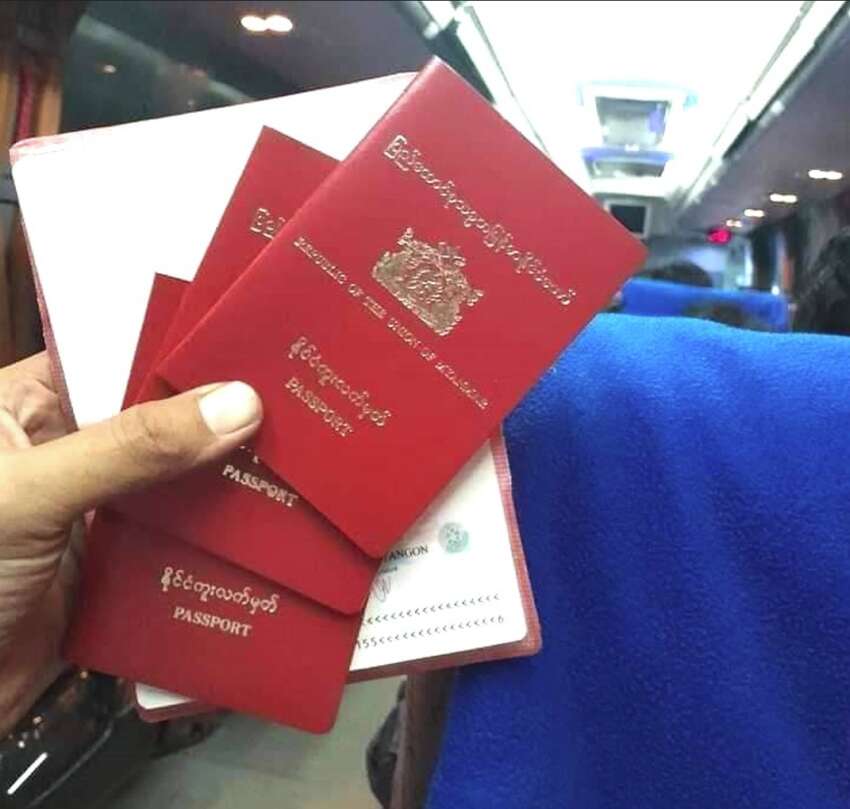
According to sources from the Ministry of Labor in Naypyidaw, the military council will impose restrictions on the number of Myanmar workers allowed to work abroad and will soon officially announce country-specific quotas. The source indicated that for countries where Myanmar workers commonly seek employment, including Singapore, Malaysia, Thailand, Japan, Korea, and Russia, there will be specific limitations on worker deployment numbers, unlike the previous unrestricted approach. The process is expected to become lengthier, and the number of workers permitted to work overseas will be significantly limited.
The new Labor Minister Chit Swe, appointed by the military council, revealed during a meeting with employment agencies on February 15 that there would be restrictions on the number of workers deployed to each country. Additionally, the military council has implemented plans to recall Myanmar citizens of military service age from abroad. The Naypyidaw Labor Ministry will directly oversee the re-exit permissions for workers who return on leave. The process has become notably more complex and restrictive compared to previous procedures.
Workers returning on leave without an Overseas Worker Identification Card (OWIC) must apply with complete documentation in Naypyidaw. The OWIC cards, previously issued at the Mayangone office, will now only be issued at the North Dagon office after receiving approval from Naypyidaw. Even after obtaining an OWIC, workers must apply again in Naypyidaw for permission to leave the country. The source emphasized that those within military service age will not be granted permission to return abroad. This represents a significant shift in policy and creates additional bureaucratic hurdles for workers seeking overseas employment.
Employment agencies report facing severe operational challenges due to the military council’s strict regulations and directives. Agencies specializing in sending skilled workers to Japan particularly note that even with existing demand letters, they cannot deploy workers without the Labor Ministry’s approval. The delays in deployment may also affect their ability to secure future demand letters. Agency owners express concern that these restrictions have created an nearly impossible operating environment, significantly impacting their ability to facilitate overseas employment opportunities for Myanmar workers. The new regulations have effectively created a bottleneck in the process, making it increasingly difficult for agencies to maintain their business operations and for workers to secure overseas employment opportunities.



